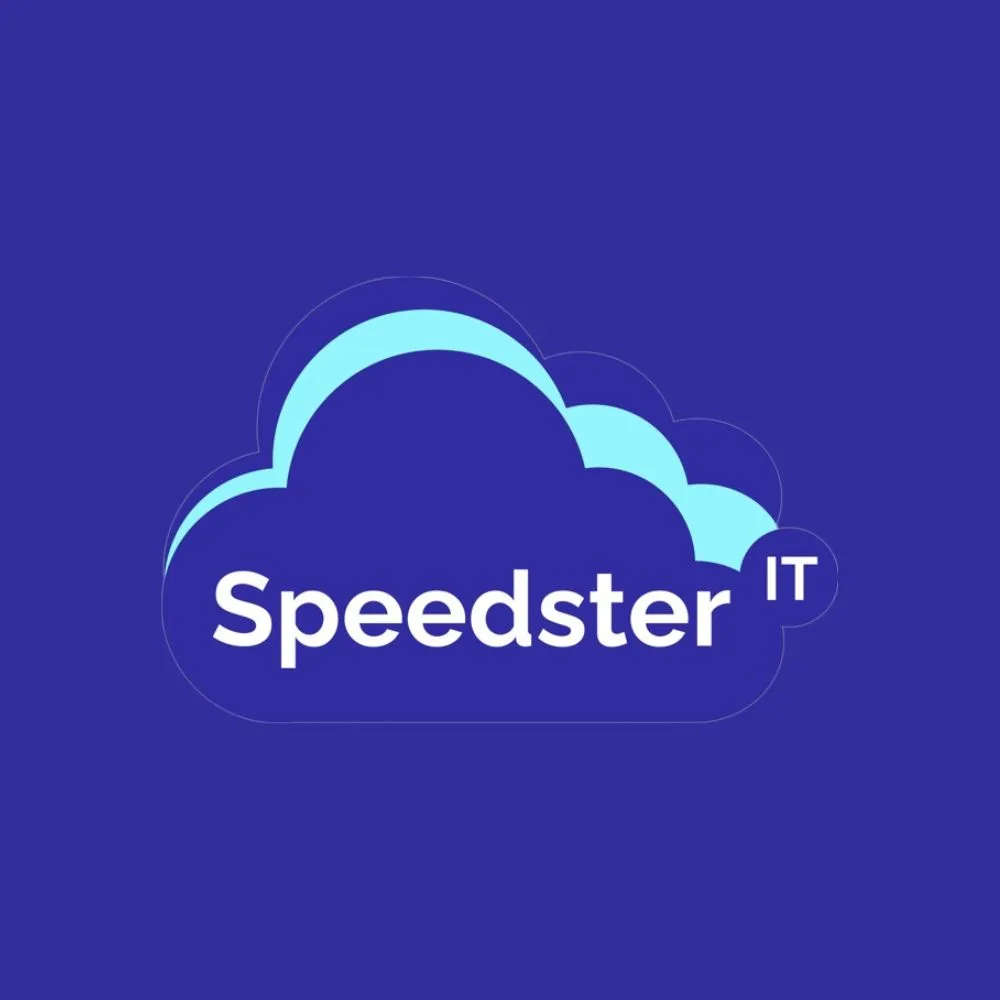Customer Service AI in 2025
Despite AI’s potential to add over £200 billion to the UK economy, adoption across industries remains sluggish.
A recent 2022 YouGov survey found that only 19% of mid-sized UK businesses have implemented AI and Cloud Customer Service Solutions since 2022.
Weve moved into 2025, and we have seen a shift, but smaller businesses are falling behind.
Why Smaller Businesses Have Fallen Behind in AI Adoption Since 2022
Smaller businesses have struggled to adopt AI due to several key barriers:
- Lack of Expertise – Many small businesses lack the technical knowledge to implement AI effectively.
- High Costs – AI adoption has traditionally been expensive, making it difficult for smaller firms to invest.
- Uncertainty Around ROI – Many businesses are unsure whether AI will provide a strong return on investment.
- Regulatory Compliance & Data Security Concerns – Larger businesses have the resources to navigate compliance, while smaller firms struggle with these complexities.
- Skilled Labor Shortages – Small firms often lack the workforce needed to integrate AI into their operations.
Additionally, AI adoption rates have been significantly lower among small businesses compared to large corporations. While over 8% of small firms use AI, more than one in three large companies have adopted it.
Why Small Businesses Need to Change Their Mindset Towards Business AI in 2025
AI has become more affordable and accessible, making it a necessity rather than a luxury:
- AI Tools Are More Cost-Effective – AI-powered chatbots, automation tools, and analytics platforms are now available at lower costs.
- Competitive Advantage – A survey found that 82% of small businesses believe AI is essential to staying competitive.
- Operational Efficiency – AI can automate repetitive tasks, freeing up time for higher-value work.
- Personalization & Customer Engagement – AI-driven insights help businesses tailor their offerings to customers.
- Data-Driven Decision Making – AI enables small businesses to analyse trends and make informed strategic choices.
The Path Forward
Small businesses should focus on what will not change in their industry.
- Customer relationships
- Operational efficiency
- Competitive positioning
Then apply AI to enhance these areas. AI is no longer just for large businesses; this is a tool that small businesses must embrace to thrive.
At Speedster IT, we specialise in removing the uncertainty that often surrounds AI and Cloud adoption.
We know that for many UK businesses, particularly in highly regulated sectors, the complexity of integration and lack of in-house expertise can be daunting.
That is why we offer firsthand, jargon-free guidance, from helping you identify the right AI and cloud tools to deploying secure, scalable solutions tailored to your operations.
Whether you are looking to enhance customer service with AI agents or streamline internal processes, we make it easy to embrace AI with confidence and clarity delivering measurable results every step of the way.
Why UK Industries Are Turning to Contact Centre Solutions to Stay Competitive
AI Agents for the Insurance Sector
As experts in intelligent automation, we have seen how AI Agents for the Insurance Sector transform UK insurance operations, cut costs and boosting efficiency without compromising compliance.
Key Benefits:
- Automate time-consuming claims handling and underwriting.
- Detect and reduce fraud using real-time analytics.
- Accelerate customer response times with AI-powered triage.
- Improve agent productivity with call summarisation and support tools.
We have seen the use of Microsoft Azure OpenAI has saved an estimated 7,500 working days by automating claims call summaries, highlighting what is possible with the right tech in place.
AI Agents for the Legal Sector
We guide firms through AI adoption with a clear focus on compliance, efficiency, and value.
Key Benefits:
- Automate contract review and legal research.
- Support litigation with smart document handling.
- Improve access to services through AI-powered client interactions.
- Streamline administrative workloads and boost billable time.
Industry Insight: With Garfield.Law approved as the UK’s first SRA-regulated AI law firm, the sector is reaching a critical turning point. Yet only 25% of UK legal firms currently use AI.
According to the 2024 Future of Professionals report by Thomson Reuters, Law practises adopting AI save three hours per week per lawyer, translating to approximately £51,000 in time value annually.
Over five years, this equates to up to 1,500 hours saved per lawyer, creating enormous potential for practice growth and client service.
AI Agents for the Hospitality Sector
We understand the balance hospitality providers must strike between technology and the human touch. AI can enhance, not replace, your service.
Key Benefits:
- Manage bookings and guest queries 24/7 with virtual assistants.
- Optimise staff rotas based on predictive demand analytics.
- Reduce waste and improve stock control.
- Free up your team to focus on high-touch guest experiences.
Where We Are Today: Leaders in the hospitality industry are already using AI platforms to improve operations. Yet only 11.9% of UK hospitality businesses have adopted AI.
AI is not only improving efficiency but also enabling more responsive, scalable, and secure customer experiences across the board.
AI Adoption in Restaurants
- Drive-Thru Voice AI – Restaurants are using AI-powered voice assistants to speed up ordering and improve accuracy.
- AI-Powered Marketing – Personalized push notifications and loyalty programs are helping restaurants engage customers.
- Kitchen Automation – AI is streamlining kitchen operations, reducing food waste, and optimizing ingredient usage.
- Predictive Analytics for Menus – AI is helping restaurants analyse customer preferences and adjust menus accordingly.
- AI for Staffing Solutions – AI is addressing labour shortages by automating scheduling and optimizing workforce management.
- AI in Customer Interactions – AI chatbots and recommendation engines are improving customer service and personalization.
Why The Hospitality Industry Needs to Embrace AI to Stay Competitive
- Efficiency Gains – AI helps hospitality businesses automate tasks, reducing costs and improving service speed.
- Better Customer Experience – AI-driven personalization enhances customer engagement and satisfaction.
- Inventory & Booking Optimization – AI tools predict demand, manage reservations, and reduce food waste.
With UK customer satisfaction levels at their lowest since 2010 (Institute of Customer Service), investing in scalable, cloud-based platforms and AI is helping all businesses meet rising expectations while strengthening long-term loyalty.
What Makes Modern Contact Centre Solutions Essential
By integrating voice, email, live chat, social media, and other digital touchpoints into one unified platform, organisations are more secure and can respond faster, personalise interactions staying compliant with UK regulations.
Whether your customers reach out on WhatsApp at midnight or call during peak hours, omnichannel contact centres ensure that every interaction is consistent, connected, and informed by the full customer journey.
Key Advantages:
- One platform for all customer interactions
- Faster response times and smarter agent workflows
- Reduced overheads with scalable, cloud-based infrastructure
- Built-in security and compliance aligned with UK data protection standards.
If you are looking to modernise your customer engagement strategy, Speedster IT is here to help.
We partner with the best, most secure cloud contact center solutions, like Microsoft and offer UK organisations across finance, hospitality, legal, retail, insurance to implement tailored AI cloud contact centre solutions that drive measurable results.
Our team provides expert guidance through every stage.
- Planning and integration
- Integration with Legacy Systems
- Complexity of Multi-Vendor Environments
- Data Security and Compliance Concerns
- Change Management and Training
- Cost Uncertainty and ROI Clarity
- Optimisation and Support.
Understanding the True Cost of Cloud Contact Centre Solutions
One of the most frequent questions we hear from UK businesses is: “How much will it cost to implement a cloud contact centre solution?” The answer depends on several factors, including the number of users, required features, and integration complexity.
Typical Pricing Models for Cloud Contact Center Solutions & AI
- Per-user monthly fees: Basic plans start around £20–£40 per user/month, while advanced platforms with AI, analytics, and omnichannel support can exceed £100 per user/month.
- Add-on features: Capabilities like sentiment analysis, CRM integration, or workforce management tools may incur additional costs.
- Voice and data usage: Some providers charge per minute or per message, while others offer unlimited usage within fixed plans.
- Implementation and training: While cloud solutions reduce upfront infrastructure costs, businesses should budget for onboarding, custom integrations, and staff training.
Cost-Saving Advantages
- Lower capital expenditure
- Scalability with the flexibility to scale up or down.
- Reduced IT overhead, cloud platforms eliminate the need for costly hardware maintenance and upgrades.
At Speedster IT, we help clients navigate these variables to ensure they choose a solution that aligns with your budget, operational needs, and long-term goals.
Our team provides transparent cost modelling and ROI forecasting to remove uncertainty and support confident decision-making.
Contact us today to discover how we can help future-proof your operations and elevate your customer experience.

With over 15 years at Speedster IT, I’ve built a career around helping businesses navigate the evolving world of technology. I publish all the content for the IT Support London Blog and Cyber Security Blog, where I share practical insights on infrastructure upgrades, cybersecurity trends, and smart IT strategies for growing companies.
